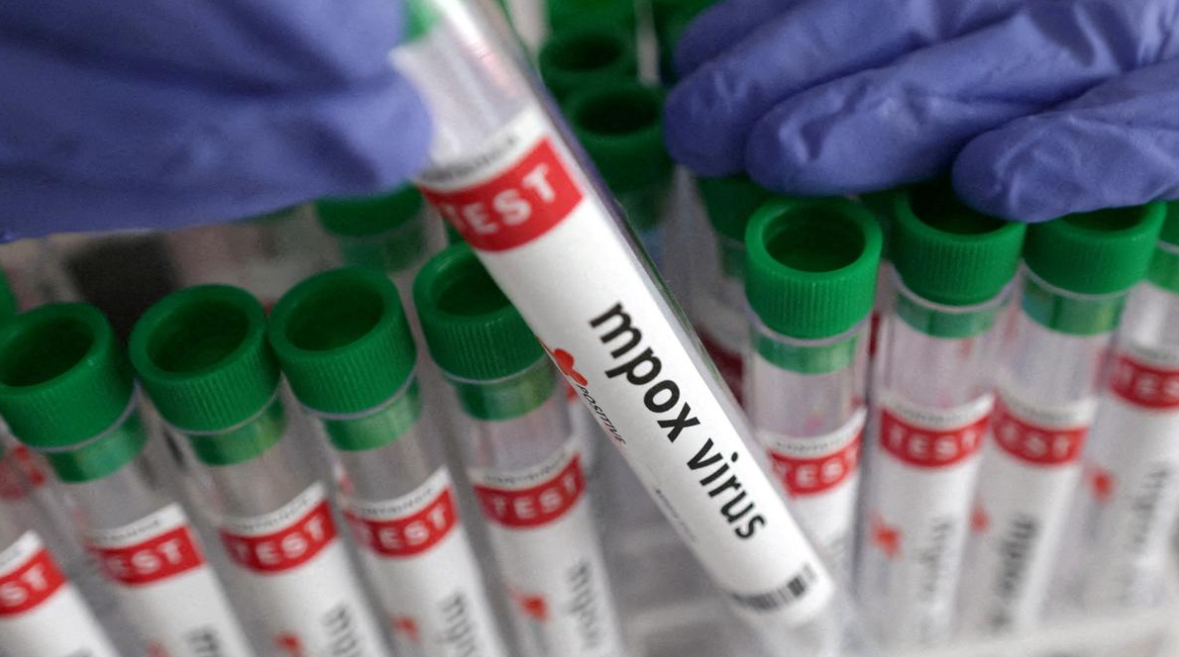Foxconn-HCL Joint Venture to Establish Semiconductor OSAT Unit in Noida
In a significant development for India’s semiconductor industry, a joint venture between Taiwan’s Foxconn and India’s HCL Group has secured approximately 30 acres of land near the upcoming Jewar Airport in Noida, Uttar Pradesh. This venture aims to establish the first outsourced semiconductor assembly and testing (OSAT) unit in the state, a key milestone in India’s push toward becoming a global semiconductor hub.

The Importance of OSAT Units in Semiconductor Manufacturing
An OSAT unit is essential in the semiconductor supply chain, as it focuses on packaging and testing semiconductor chips for third parties. This is especially important in modern manufacturing, where semiconductor chips must be assembled, tested, marked, and packaged before being integrated into consumer electronics, automotive components, or industrial devices. The Noida OSAT facility will provide these services for various industries, from electronics to automotive, enhancing India’s capability in semiconductor manufacturing, a field traditionally dominated by countries like Taiwan, South Korea, and the United States.
https://topnewssurf.com/semicon/
Strategic Investment and Location
Foxconn is expected to invest approximately $37.2 million in the project, holding a 40% equity stake, while HCL Group, which has a larger stake in the venture, emphasized the strategic importance of the location. HCL chose Noida due to its proximity to their headquarters, making operations smoother and leveraging their familiarity with the region. The decision to establish this unit in Uttar Pradesh aligns with the state’s growing ambition to become a key player in the electronics and semiconductor sectors(
Foxconn’s investment and HCL’s commitment signal a long-term strategy to build a strong semiconductor infrastructure in India. The project is currently awaiting central government approval, which could further unlock opportunities for similar ventures in the future.

Foxconn’s Expanding Footprint in India
Foxconn’s involvement in the Indian market is not new, but it has expanded rapidly in recent years. As of 2024, Foxconn’s business in India has grown to over $10 billion, with ongoing projects in Tamil Nadu, Karnataka, and now Uttar Pradesh. The company employs about 48,000 people in India, a number that is set to rise with new investments in various sectors.
Foxconn’s ventures span beyond semiconductors. The company is also investing heavily in electric vehicles (EVs) and battery energy storage systems (BESS). For example, Foxconn’s chairman, Young Liu, has confirmed plans to establish a BESS unit in India, following the success of their initial facility in Taiwan. The company’s 3+3 strategy, focusing on EVs, digital health, and robotics, aligns with India’s growing interest in green energy and sustainable transportation.
Benefits to India’s Economy and Semiconductor Ecosystem
The establishment of the OSAT facility in Noida represents a crucial step for India’s semiconductor ambitions. By enhancing its ability to produce and test semiconductor chips domestically, India will reduce its dependence on foreign suppliers, which has been a strategic vulnerability, especially in recent years when global supply chains faced disruptions due to geopolitical tensions and the COVID-19 pandemic.
Furthermore, this venture will create numerous high-skilled jobs in the region, contributing to Uttar Pradesh’s goal of becoming a manufacturing powerhouse. It will also stimulate further investments in infrastructure and education, as the demand for semiconductor engineers and technicians grows.
Conclusion
The Foxconn-HCL joint venture’s OSAT facility in Noida is a landmark project that could play a pivotal role in shaping India’s semiconductor landscape. As the country aims to become self-sufficient in critical technologies, investments like these not only bring economic benefits but also position India as a key player in the global semiconductor supply chain.



